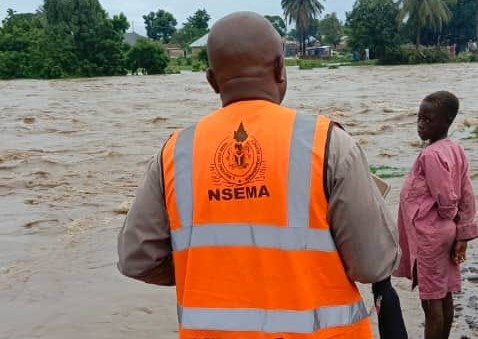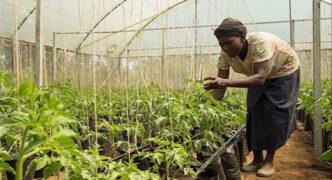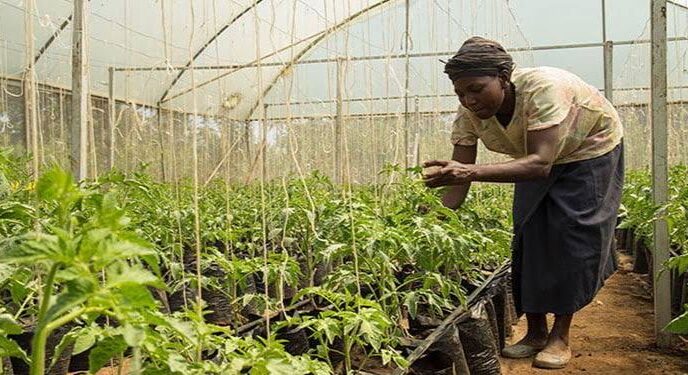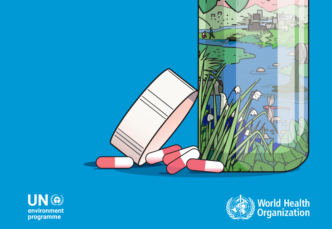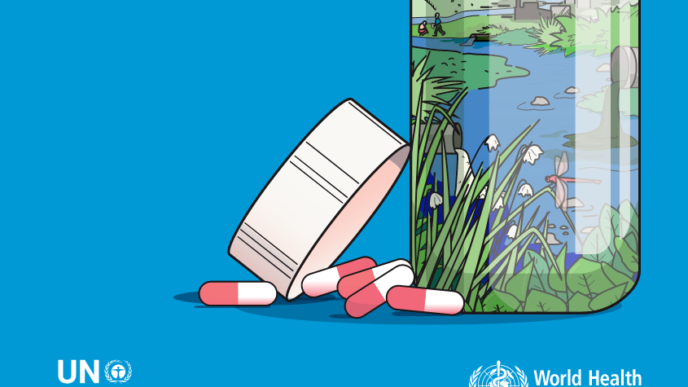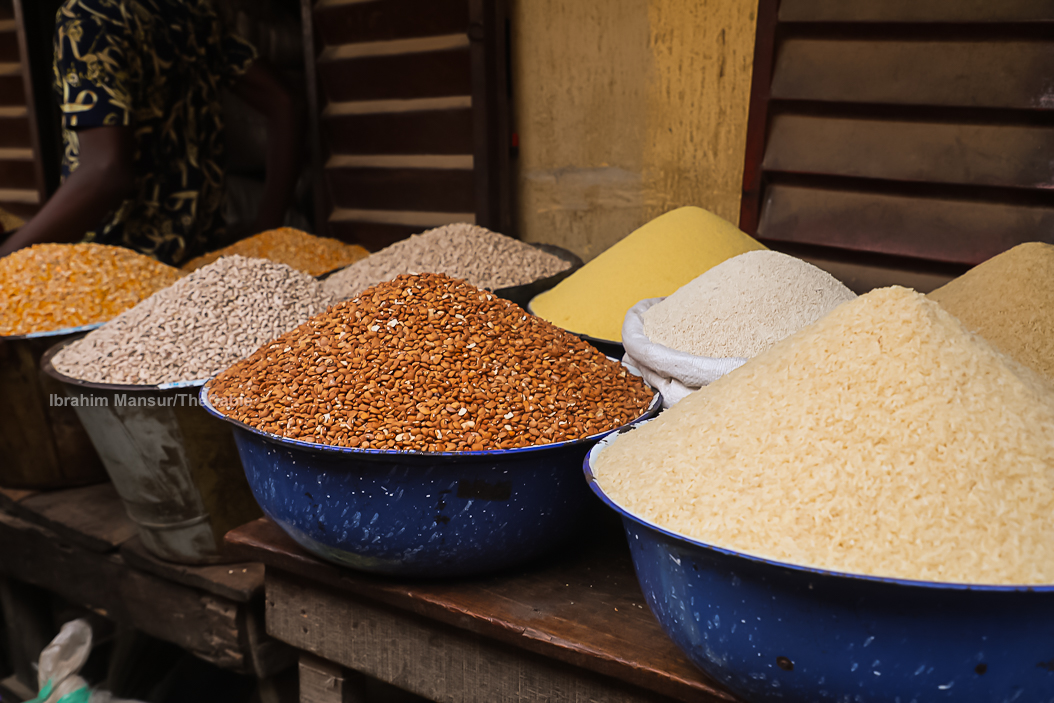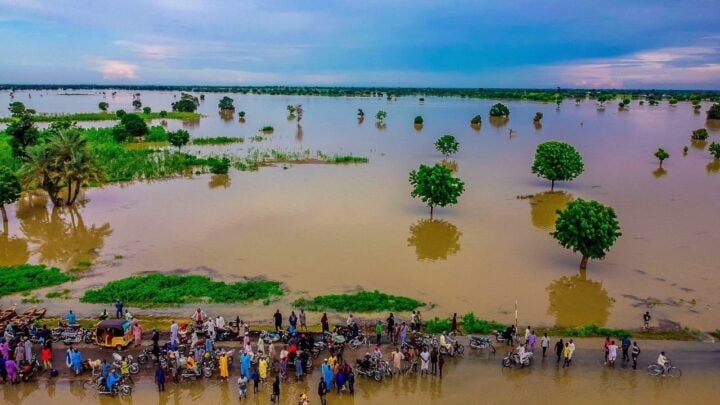Flood in Niger state
Despite directly impacting our communities, health, and livelihoods, climate-related reports usually take a back seat to dominant news beats like politics and business.
Climate Watch aims to ensure you never miss important stories on climate change and actions being taken to limit its impact.
Here is a round-up of last week’s climate stories:
- Last week, the National Emergency Management Agency (NEMA) said 185 people have died as a result of flooding in some parts of the country. Manzo Ezekiel, the spokesperson of NEMA, warned citizens residing around the River Benue to relocate. He said water from the Lagdo Dam in Cameroon is usually released around this time of the year, adding that the federal government is yet to receive any notification from the neighbouring country. Ezekiel said at least 49 people have lost their lives and 41,344 others have been displaced by flooding in Jigawa, Adamawa, and Taraba states. He said floods caused by heavy rainfall have destroyed more than 693 hectares of farmland in the region. Read more here.
- Similarly, the Kaduna State Emergency Management Agency (KADSEMA) says no fewer than 200 houses have been destroyed by flood in Sabon-Gari and Zaria LGAs. Usman Mazadu, the executive secretary of the agency, lamented that flash floods were caused by torrential rainfall in the state. Mazadu said the state government has taken measures such as desilting drainages and conducting sensitisation campaigns to mitigate the impact of the floods. He encouraged farmers to utilise the alternative land provided by the government or transplant their crops to higher grounds. Read more here.
-
The Gombe State Emergency Management Agency (SEMA) says heavy rainfall has destroyed about 2,517 houses and shops in 33 communities in the state. Ibrahim Nalado, deputy director of relief and rehabilitation of the agency, said the downpour occurred between August 12 and 22. Nalado said the flood-ravaged farmlands and houses were located in Dukku, Funakaye, and Billiri LGAs of the state. He said no life was lost, but two children sustained injuries in Dukku LGA, while seven animals were washed away by flood in the area. The deputy director said the Hina community in Yamaltu/Deba LGA was the worst hit, with around 1,000 hectares of rice, maize, sorghum, and millet farmlands submerged. Read more here.
Advertisement - In a related development, 1,650 houses in Jajere and Yunusari communities in Yobe state have been destroyed by floods. Mohammed Goje, the executive secretary of the State Emergency Management Agency (SEMA), spoke to journalists in Damaturu, the state capital, on August 31. Goje said 413 households in the areas were displaced by flash floods caused by torrential rainfall. He said an assessment of flood disasters in Yusufari, Wagir, Mutai Chirokusko, Bade, and Potiskum towns is ongoing. Goje added that the state government is making arrangements to deliver relief materials to the affected communities. “SEMA is conducting daily review meetings to assess the situation, update stakeholders, and come up with an immediate response plan in line with the vulnerabilities of affected locations and resources available,” he said.
- Jamila Bio-Ibrahim, minister for youth development, has flagged off the 2024 National Youth Service Corps (NYSC) tree planting campaign in Nasarawa. The event was held at the state’s NYSC orientation camp, Magaji Dan Yamusa in Keffi. In a statement on August 26, Caroline Embu, NYSC’s deputy spokesperson, quoted Bio-Ibrahim as saying that tree planting is an effective way of fighting desertification, erosion, and other impacts of climate change. She urged Nigerians to embrace the campaign with dedication and plant a tree each, as the success of the initiative hinges on the innovative spirit of the youths. Read more here.
Add a comment
